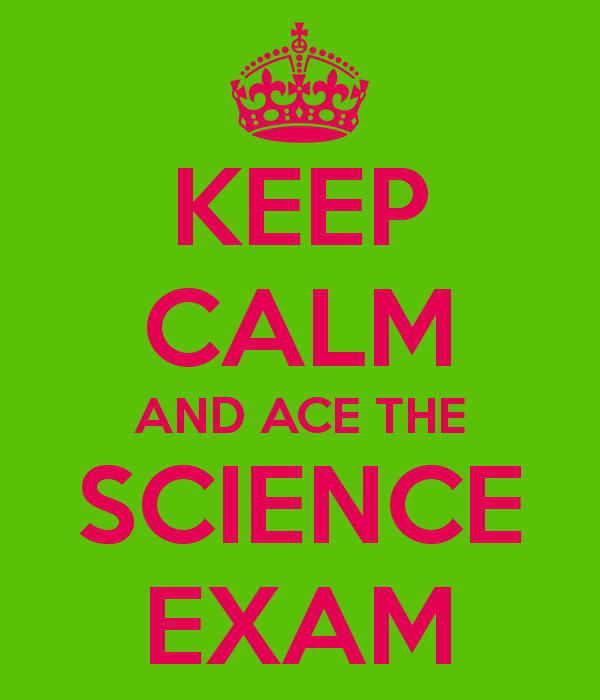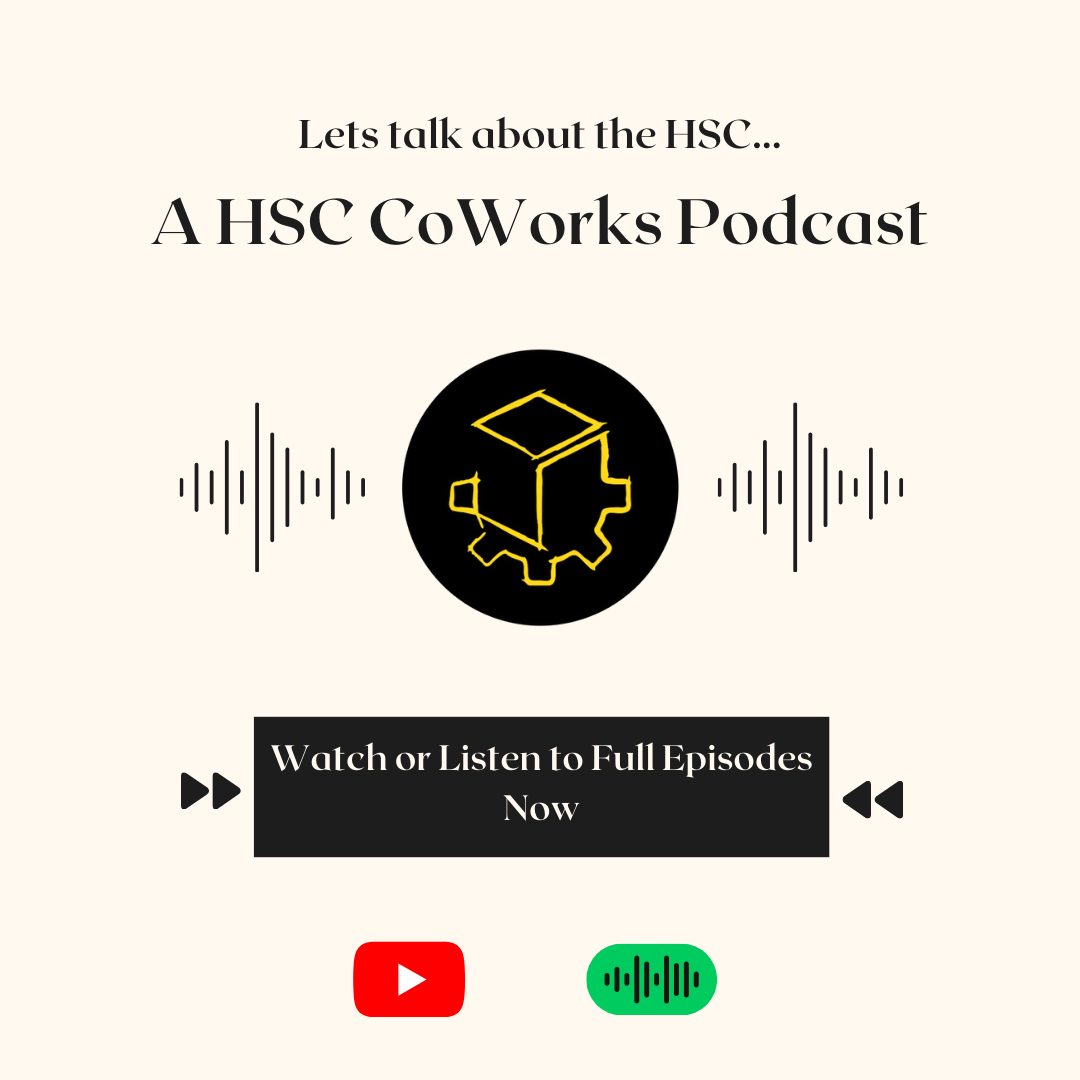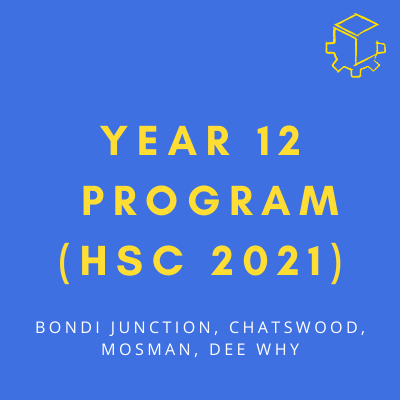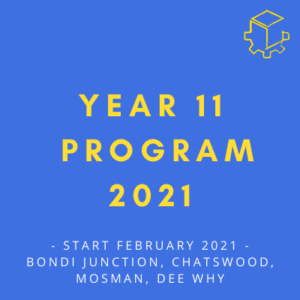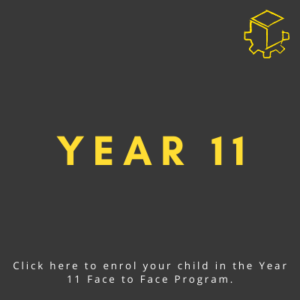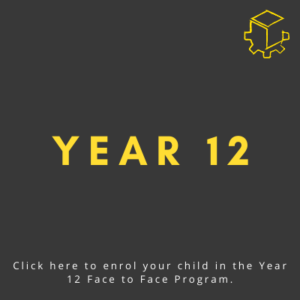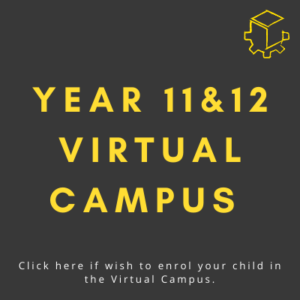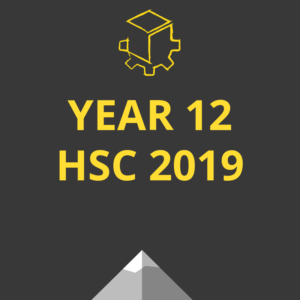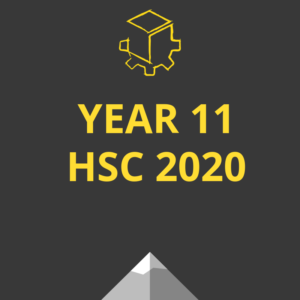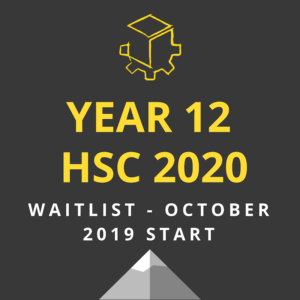A Brief Introduction
Unlike my mathematics article, I won’t begin this article by talking about the scaling of these subjects. This is not because it is irrelevant but because I think there is a more important point I want to make in this introduction.
During my final year of high school, there were 4 science Olympians in my year. For those of you who are unfamiliar with this term, it basically means they were amongst the best biologists, chemists or physicists in Australia and had been selected to compete in the international science Olympiad. So of course most people would have expected these particular students to be first in our year for these subjects, and eventually be one of the state rankers. I mean these 4 guys had scientific knowledge much more advanced than even some of our teachers.
Cut to the end of the year, when the final ranks came out. Not even one of the 4 aforementioned students was ranked in the top 10 in their respective ‘specialist’ subject, and none of them ended up receiving a state rank. The point I’m trying to make here is that:
“Knowing the difference between HSC science and real science and being able to understand and effectively answer HSC style questions, is the key”
To make this more concrete, I will briefly explain the two most common types of responses I see from students.
- The Machine-gun approach
- A student who uses this approach writes a lot of information down on the page, and just hopes that some of it is relevant. These types of students will be penalized in the HSC, as they waste time and effort writing down an incorrect answer, which is not rewarded many marks.
- The Sniper Approach
- This student writes down the minimal information required, but ensures that all their information is relevant to the question. This student will not only save time but also be rewarded with the full marks.
Thus the point I’m trying to make is that top students are not those who have the most scientific knowledge, but those who have a detailed knowledge of “HSC Science” and a detailed knowledge of the different question types and how to answer them effectively.
This Article will discuss:
- How best to prepare for Science Exams
- Know the Syllabus
- Know your verbs
- Do practice questions and past exam papers
- Practical Experiments
- Brief Breakdown of a HSC Chemistry and Physics Exam
How best to prepare for Science Exams
- Know the Syllabus
Without a doubt knowing the syllabus is the most important thing when preparing for a science exam. I have seen a lot of students spend countless hours learning irrelevant content and being frustrated and confused about what they needed to study for. So I’ll say it once and only once:
“YOU CAN BE TESTED ON ANYTHING WITHIN THE SYLLABUS AND NOTHING OUTSIDE OF THE SYLLABUS!”
In fact, you should structure your study on the HSC syllabus; writing notes that answer each of the dot-points in the exact detail needed for the exam.
The method I used:
During my HSC year, I spent around 30 minutes a day writing up my notes for 2 syllabus dot points. Then every two weeks I would consolidate my notes into a mind-map. I did this consecutively for around 200 days. It required minimal effort and time, but doing this consistently ensured that I had learnt every single dot point in the syllabus by the HSC.
- Know your verbs
If you look at any question in a HSC Science paper you will find that all of them start with a specific verb such as discuss, assess or explain etc. The verb determines the depth of your answer and every verb has a specific marking guide. In order to blitz a HSC Exam, you must ANSWER THE VERB. A classic example that confuses even the best students is the distinction between the verbs:
- Discuss, which requires you to present benefits and disadvantages; and
- Assess, which requires you to present benefits and disadvantage AND give a judgment.
No matter how sophisticated your answer is, if you fail to give a judgment in an assess question you will lose marks. Since these questions are worth 7-8 marks, the failure to appreciate exactly what each verb is asking of you is a costly mistake and is probably the biggest pitfall of many good students.
- Do practice questions and past exam papers
Although knowing all the theory according to the syllabus dot points is essential, just as important, is your ability to appropriately apply this knowledge. Doing lots of practice questions will not only force you to think about how to employ theory, but also quickly and effectively help you recognize gaps in your knowledge.
This is extremely relevant for the calculation components of your exams. Instead of just rote learning your formulae, doing practice calculation questions will help you:
- Better understand why and when to apply certain formulae.
- Have better setting out of your working/calculations, and assist you in avoiding careless mistakes.
Practice exams should also be part of your exam preparation, and should be done under exam conditions, within the prescribed time and without notes. I can’t even begin to stress how effective doing just one past paper can be in helping you find the gaps in your knowledge.
Quick Tip: (From numerous past experiences)
If you ever find yourself in a situation where it is the night before the exam, and you haven’t studied at all. Do the following:
- Do two past papers
- One open book: using your notes and learning the gaps in your knowledge at the same time
- One closed book: Once you have finished this exam, mark it and again learn the gaps in your knowledge.
Remember your teachers will draw their exam questions from past papers, so just doing two past papers will at least ensure that you are familiar with the types of questions that will be asked.
- Know your experiments and the theory behind them.
Experiments make up a significant (15% – 20%) of all three Science subjects. So, it is imperative that you know all your experiments, including the set-up, method, and interpretation of results, with suggestions of how to improve them. Also, know the physical principles behind each practical in order to explain and discuss them.
The most common three questions that are asked in HSC exams are to evaluate the reliability, validity and accuracy of your results. So ensure that you know the differences and definitions of these three terms.
Brief Breakdown of a HSC Chemistry and Physics Exam
Question Type: Calculations
Weighting: 30%
Level of Achievement: Average Students
What it involves:
At the very minimum you should have memorized all the necessary formulae. However the better students would have taken the further step of “understanding” the formulae, and have developed a mistake-free process of performing calculations.
The key to success in this component is to know how to calculate the answer flawlessly, and even when you can’t do the question, still be able to ‘scab’ as many marks as possible, through your working out.
Questions Type: Explanations
Weighting: 30%
Level of Achievement: Above average students
What it involves:
Most students know the fundamental principles to the theory in the course, but the better students will understand all the finer distinctions, exceptions, and how to explain concepts clearly and concisely.
Question Type: Research Questions
Weighting: 15-20%
Level of Achievement: Good Students/High Achievers
What it involves:
Research Questions ask for a more in-depth answer to a specific topic area. Usually, these questions are worth 6-8 marks and ask about the effect of Science on society, environment or history.
Average students often think that these questions are just trivial and to be ‘winged’, but good students realize that these questions are an opportunity to distinguish themselves, and have prepared answers to ALL such question types.
These types of questions will be exhaustively listed in the syllabus.
Question Type: Experiments
Weighting: 15%
Level of Achievement: High Achievers
What it involves:
Many students fail to understand that experiments make up a significant portion of the exam. Above average students have some idea of what goes on during certain experiments, but do not commit to memorizing the scientific method (Aim, Method, Approach, Safety precaution).
Top students understand how theory is applied in experiments and even know how to analyze their results in terms of reliability, accuracy and validity.
Final Tips:
Although science was possibly my worst subject from years 7-10 (mostly because I never listened in class), doing the following 3 things ensured that I was successful during my HSC year.
- Knowing all of the syllabus and making sure no part of it was left uncovered.
- Memorizing what had to be memorized and making sure I understood the rest from first principles.
- Knowing the question verbs and making sure I knew what was expected in each question.

